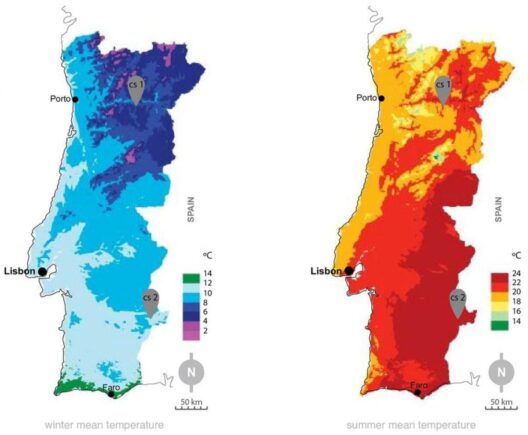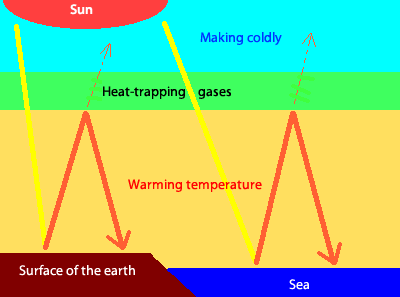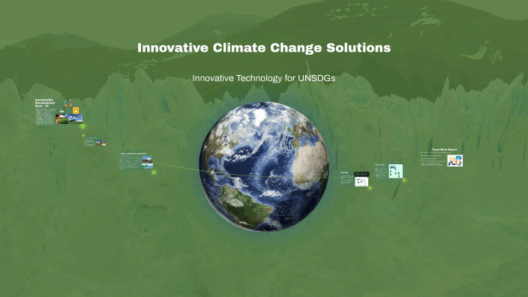Indonesia, an archipelago of over 17,000 islands, is a nation characterized by its remarkable biodiversity and cultural variety. However, it also stands shoulder to shoulder with the countries most vulnerable to climate change. As the world grapples with escalating environmental challenges, Indonesia recognizes the urgent call for climate action. The nation is not only addressing emissions through policies but is also engaging its populace in a comprehensive approach designed to cultivate a sustainable future.
At the heart of Indonesia’s climate strategy lies a compelling statistic: the country is the third-largest emitter of greenhouse gases in the Asia-Pacific region. This predicament mainly results from deforestation, land-use changes, and the burning of fossil fuels. Yet, Indonesia is also home to vast natural resources, including expansive rainforests, wetlands, and marine ecosystems, which hold immense potential for carbon sequestration. Thus, the dichotomy between being a significant contributor to emissions and a potential leader in carbon management creates a complex backdrop for climate action.
One of the focal points of Indonesia’s climate policy is its commitment to reduce greenhouse gas emissions by 29% by 2030 relative to a business-as-usual scenario, with aspirations to raise this target to 41% with international support. To achieve these bold objectives, the government has implemented a series of multifaceted initiatives. One such initiative is the “Low Carbon Development Initiative,” which emphasizes sustainable agricultural practices and the enhancement of forest and land management systems. These practices do not simply mitigate emissions; they also bolster biodiversity, enhance soil fertility, and ensure food security.
But what drives Indonesia’s profound dedication to combating climate change? Observers may note that the nation’s historical context plays a pivotal role. Indonesia’s economy has historically leaned heavily on natural resources, with palm oil, timber, and coal dominating the landscape. However, continued reliance on extractive industries has prompted alarming rates of deforestation and biodiversity loss. This destructive dance has consequently awakened a burgeoning environmental consciousness among the populace, leading to protests and grassroots movements demanding more sustainable practices.
Furthermore, Indonesia’s commitment is buoyed by international partnerships and advocacy. Collaborative efforts, such as those with the United Nations Framework Convention on Climate Change (UNFCCC), have helped position the country as a vital player in global climate negotiations. By forming coalitions with other nations and engaging in dialogues, Indonesia enhances its capabilities and fosters a shared commitment to reduce emissions. Notably, the “Forest Carbon Partnership Facility” stands testament to global cooperation, providing financial and technical expertise to improve forest management practices.
Yet it goes beyond sheer financial support or regulations. Education and awareness-raising efforts form the backbone of Indonesia’s climate action strategy. The government has taken strides to engage local communities in understanding the impact of climate change and the importance of sustainable practices. Various campaigns focus on encouraging young generations to advocate for and participate in environmental stewardship. Programs involving training for farmers on sustainable agricultural practices are pivotal; they empower communities while galvanizing an understanding of the intricate link between land management and emission levels.
Moreover, innovative technological solutions play a critical role in Indonesia’s climate action narrative. The adoption of renewable energy sources, such as solar and wind power, has gathered momentum. The government aims to ensure that 23% of the nation’s energy mix comes from renewable sources by 2025. Currently, initiatives to harness geothermal energy—a resource abundant in Indonesia—are also gaining traction. This ambitious pivot toward renewables reflects a growing recognition that economic growth must align with environmental preservation, not in opposition to it.
Yet, indigenous knowledge systems also enrich Indonesia’s approach to emissions reduction. The wisdom of indigenous communities regarding sustainable land management and forestry complements modern scientific insights, enhancing resilience against climate change impacts. Thus, bridging traditional ecological practices with contemporary methodologies creates a nuanced framework for climate action, fostering community ownership over resources while promoting biodiversity conservation.
Despite the numerous advancements, challenges remain. Land tenure conflicts pose significant barriers, particularly with indigenous land claims often overlooked in favor of commercial interests. These conflicts threaten not just the ecosystems that local communities rely upon, but also the broader goal of achieving a balanced approach to emissions reduction. To navigate this treacherous landscape, policies must be inclusive and consider the rights and inputs of all stakeholders involved.
Furthermore, urban areas present an additional challenge for emissions reduction efforts. Rapid urbanization has led to increased energy consumption and waste generation. Smart city initiatives are crucial. By integrating technological solutions for waste management and energy efficiency, cities can play a transformative role in reducing their carbon footprint.
In conclusion, Indonesia’s climate action plan exemplifies a multifaceted approach to reducing emissions and fostering a cooler future. With a blend of historical awareness, international cooperation, community engagement, technological innovations, and the respect for indigenous wisdom, Indonesia is navigating the complexities of climate change. It stands as a testament to the notion that the journey towards sustainability is not merely a pathway of resistance, but also one of opportunity and transformation. In an era marked by uncertainty, Indonesia’s commitment to improving environmental resilience and sustainability brings hope—an emblem of what can be achieved when collective will aligns with purposeful action.








